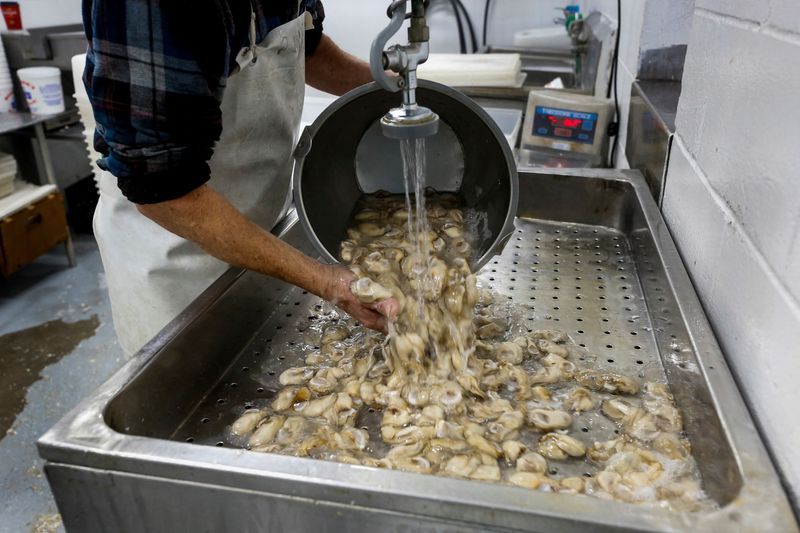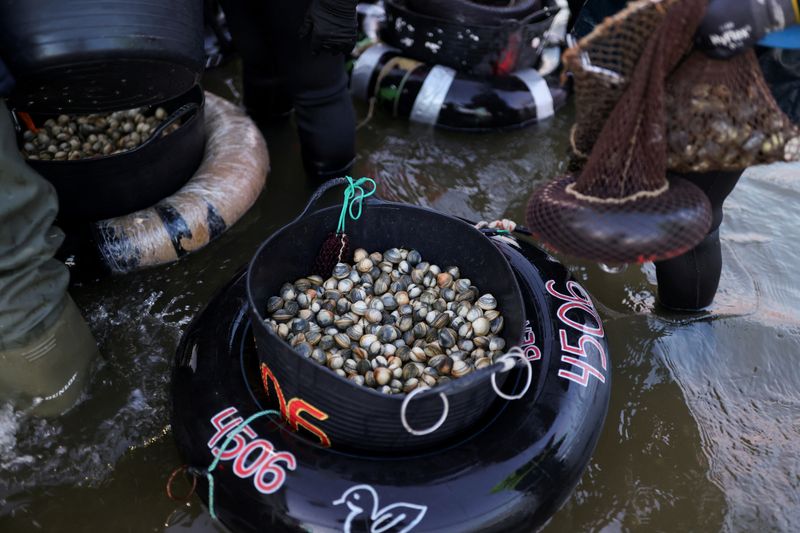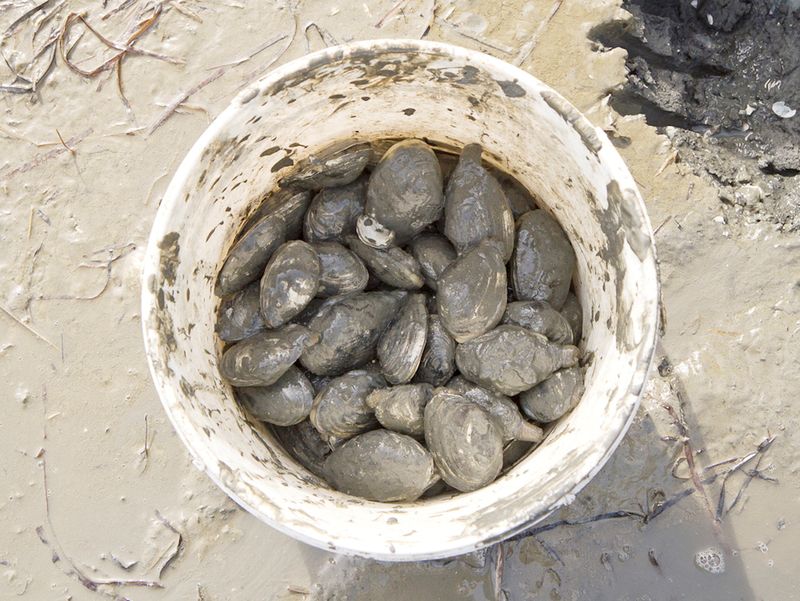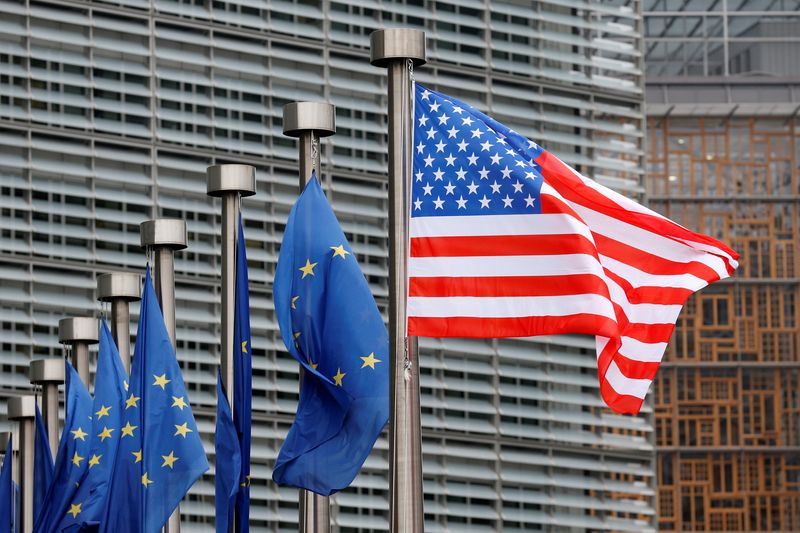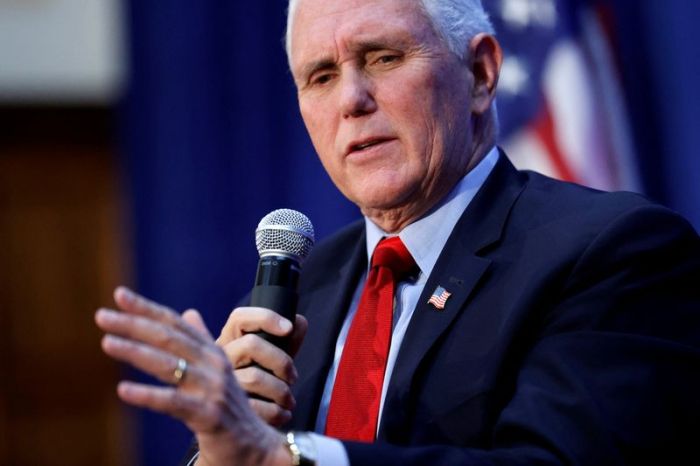By Philip Blenkinsop
BRUSSELS (Reuters) -The European Union and the United States have agreed to resume trade in mussels, clams and oysters from the end of February after they were halted more than a decade ago, marking another step in improved transatlantic relations.
Trade in bivalve molluscs, also including cockles and scallops, came to a halt in 2011 due to differences in food safety rules, but transatlantic exports will initially resume for the Netherlands and Spain and the U.S. states of Massachusetts and Washington, the two sides said on Friday.
Shellfish producers in other U.S. states and EU member countries can apply for export clearance under the agreement through a streamlined regulatory process https://urldefense.com/v3/__https://www.fda.gov/food/international-cooperation-food-safety/questions-and-answers-shellfish-traded-between-united-states-and-certain-member-states-european__;!!GFN0sa3rsbfR8OLyAw!N_x5EMNiira-K0l9E3zaBBzu7fM9RNrMSsE7EynHChYqon4h0uRIr-NE9NoPLKhGn8YqVC8p$ established by the U.S. Food and Drug Administration and the European Commission’s Directorate-General for Health and Food Safety, known as DG SANTE.
The U.S. Trade Representative’s office said the two sides had concluded negotiations on Friday. The European Commission, which oversees trade for the 27 EU nations, said it had now adopted relevant legislation.
The commission and the U.S. Food and Drug Administration carried out audits in 2015 and, after years of discussions, have recommended that the food safety systems for raw molluscs in the U.S. states and EU countries could be considered equivalent.
The commission said trading opportunities could be extended to more EU countries in the future under a simplified authorisation procedure agreed to between the two sides, the first time a U.S. agency has agreed to such a process.
EU trade commissioner Valdis Dombrovskis in a statement said both sides had worked hard to resolve this long-standing issue.
“It shows that our efforts to forge a positive, forward-looking trade agenda with the United States are paying off,” he said.
U.S. Trade Representative Katherine Tai said the agreement represented a positive step in U.S.-EU trade relations.
In 2020, the United States was one of the world’s largest seafood exporters, with global sales of $4.5 billion. Last year, its seafood product exports to the EU exceeded $900 million.
U.S. Representative Suzan DelBene said the deal was “long-overdue and a major win” for her home state of Washington and would support an industry that directly employs over 3,200 state residents.
“Before this trade freeze, Washington was exporting hundreds of thousands of pounds of shellfish to the European Union annually,” said DelBene, a prominent Democrat on the tax- and trade-focused U.S. House Ways and Means Committee.
Since the start of the Biden administration, the United States and the EU have suspended disputes over subsidies for aerospace companies Airbus and Boeing <BA.N> as well as steel and aluminium and set up a forum to coordinate on technology.
After U.S. President Joe Biden’s election victory in November 2020, the European Union also removed EU tariffs on U.S. lobsters https://www.reuters.com/article/us-usa-election-eu-trade-idUSKBN27R20S in return for reduced U.S. duties on EU exports from ceramics to prepared meals worth an annual $200 million.
(Reporting by Philip Blenkinsop, additional reporting by David Lawder; Editing by Gareth Jones, Mark Porter and Diane Craft)

